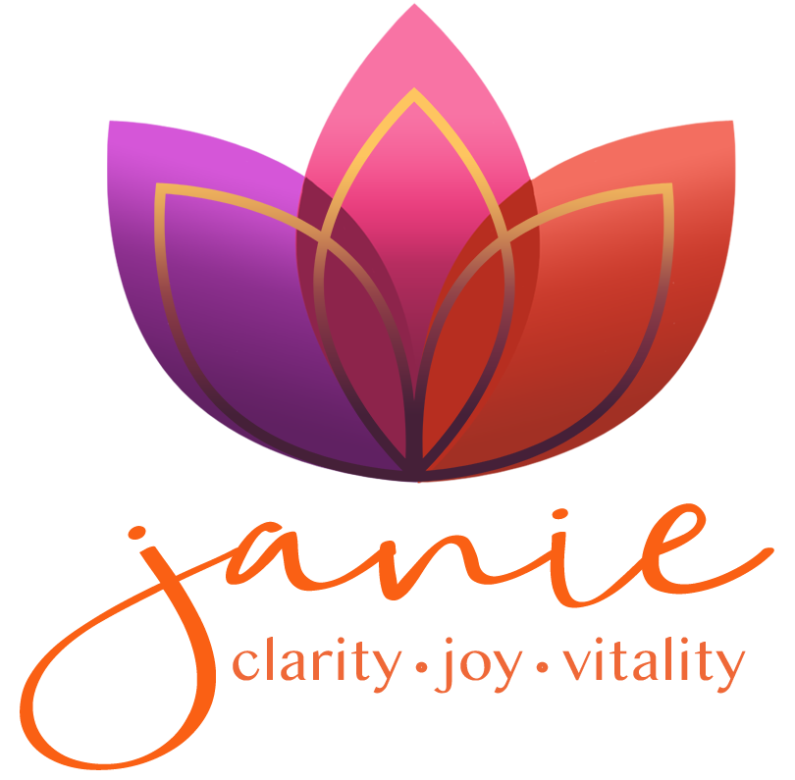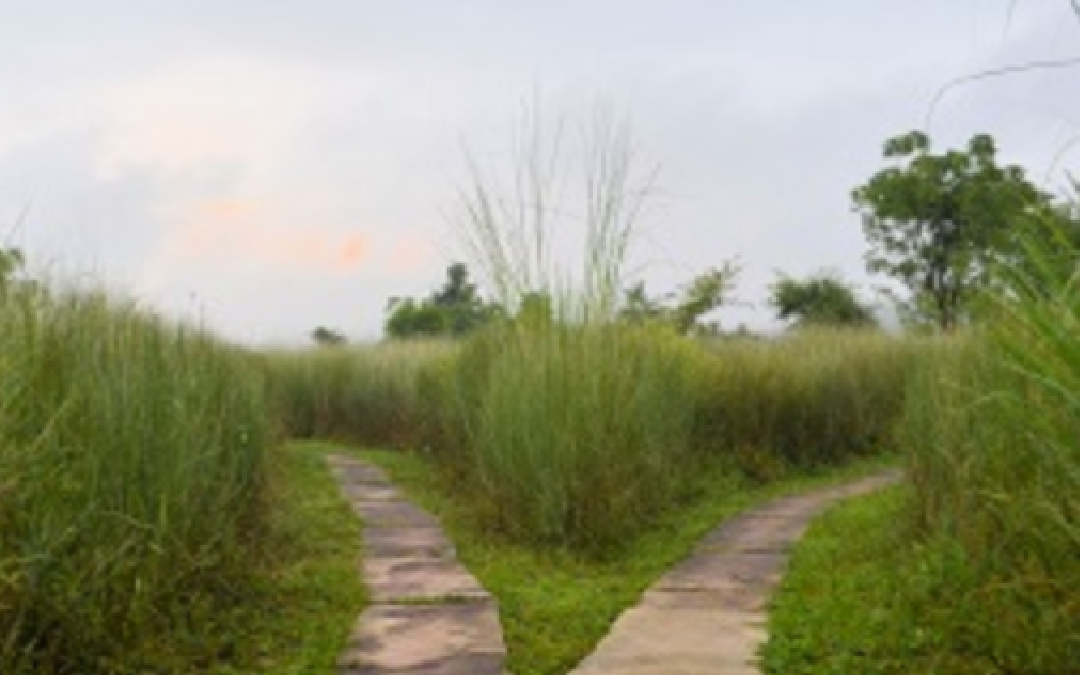“There are no wrong choices – just different outcomes.”
How invested are you in the idea that there are right and wrong choices, and what does it mean about you if you make the ‘wrong’ choice?
For many people the belief that there are right and wrong choices paralyzes their ability to make any choice at all. What if we consider that a choice is a mechanism of growth and evolvement? What if a choice that we make ends with an outcome of struggle or pain or loss or disappointment – does that mean that we’ve failed a test of some sort and we’re a loser, or does it mean that we have the opportunity to glean wisdom from the experience so that the next time we face a similar decision point we have more wisdom born of previous experience informing our decisions? Perhaps our ‘wrong’ choices are what make us wiser, more compassionate, more discerning, and more unconditionally loving people?
The issue is in adhering to a belief that those undesired, or unintended, outcomes demonstrate a failure in who we are rather than the process of who we are becoming. When we allow the fear of ‘wrong’ choices to inhibit our thinking, it keeps us small and stunts our growth. We need to trust that our experiences – good or bad – will evolve our thinking and promote our evolution. Fear of making a mistake causes us to miss out on opportunities to expand our souls.
A ‘mistake’ (or a ‘wrong’ choice) is simply a miss-take. Take one, take two, take three – are we learning anything yet? Are we refining our ability to discern, and can we apply that discernment to our decision making process?
Discernment: The ability to judge well. To perceive or recognize something. To distinguish, or apprehend something. From old Latin – to separate apart.
If you think you’ve ‘done your work’ with a certain situation or type of experience, you can be assured that the Universe will soon present you with the opportunity to put into action that which you profess to have learned. We don’t ‘do our work’ without being given the chance to exercise our newly learned skills. The Universe says “great – you’ve done the work – now show me how you implement those new skills.” You’ll be given a similar choice-point over and over again until you actually apply yourself by taking a different action. A lesson is not complete until we’ve demonstrated our mastery. As they say – the definition of insanity is doing the same thing over and over expecting different results – which is the case then discernment is absent.
The work in discerning and choosing happens in advance of the choice-point. It’s by cultivating our access to the still center within and the ability to connect with that stillness, which allows us to choose from a pool of infinite neutral wisdom (or guidance) with a much greater capacity than our small-selves can manage alone.
As I wrote in this blog, “if we can put even a little bit of space between our thoughts to gain a modicum of perspective on what goes on in our minds 24-7, we start to give ourselves some wiggle room between thought and reaction”. The practice of meditation, or at least the practice of sitting quietly with ourselves and observing our thoughts, is key to developing the space and stillness within that is necessary for our ability to discern between thoughts and emotions. It also serves to broaden our perspective so that ‘right’ and ‘wrong’ no longer seem black and white, but interesting, and sometimes unexpected, pathways to different outcomes.

